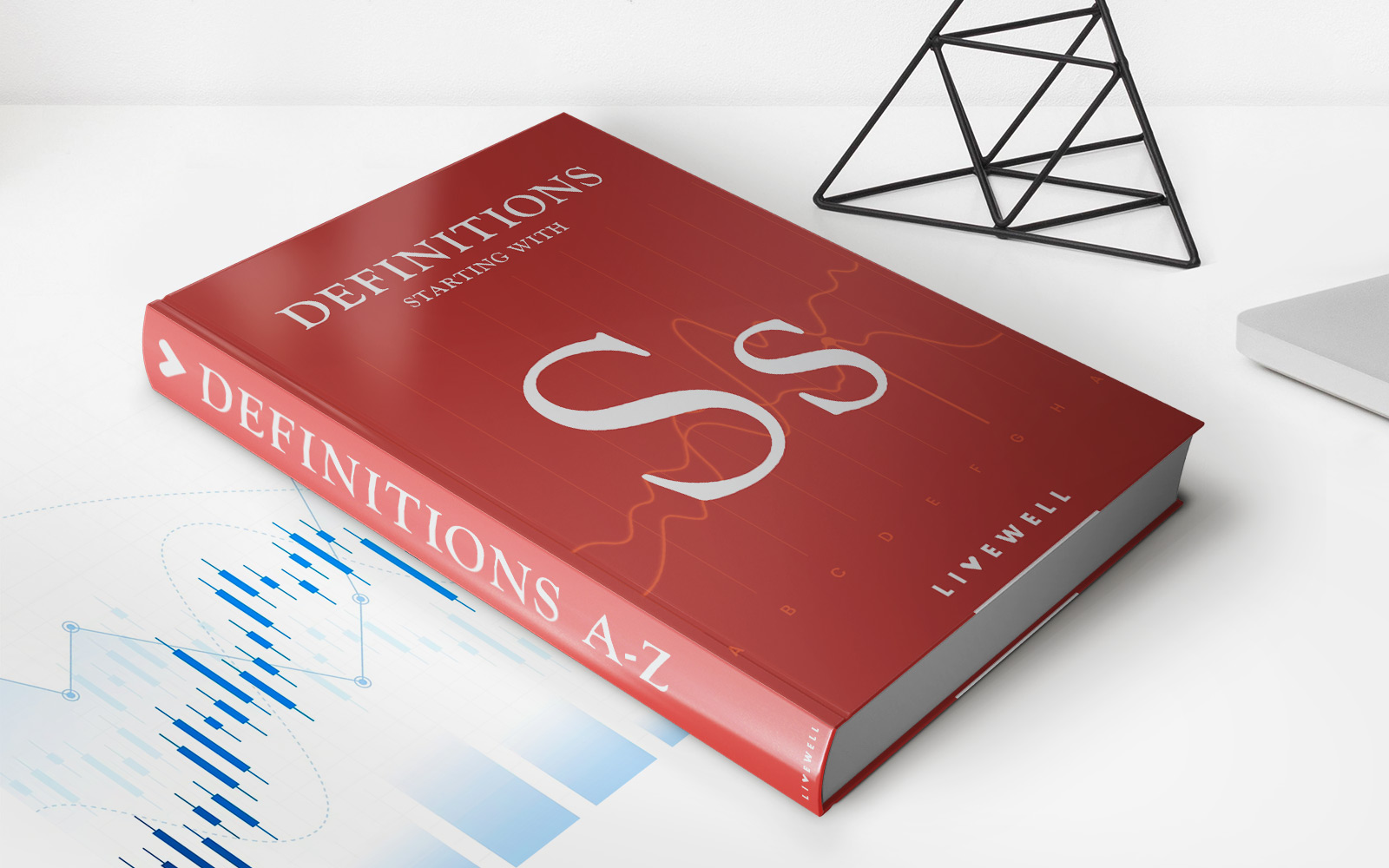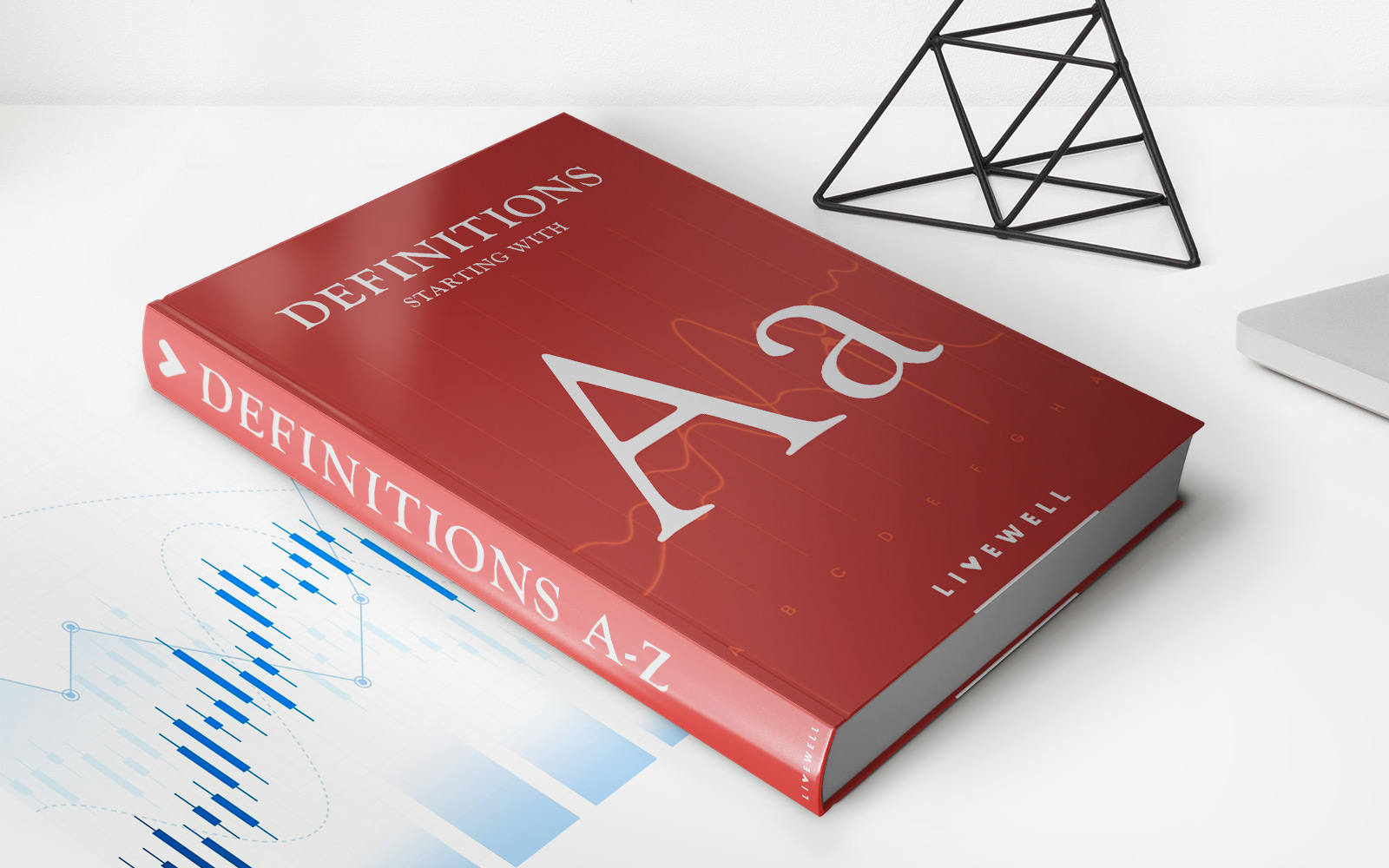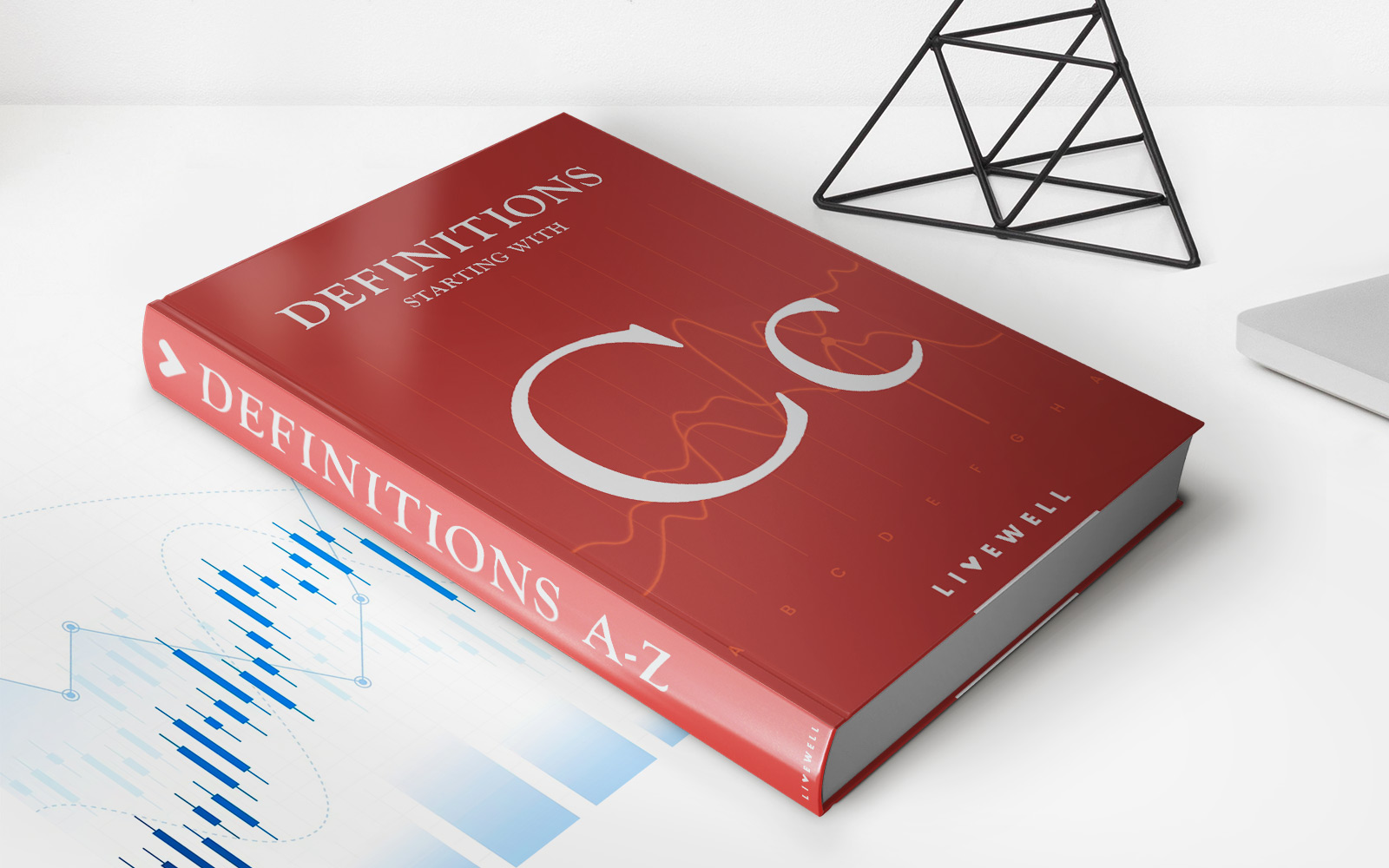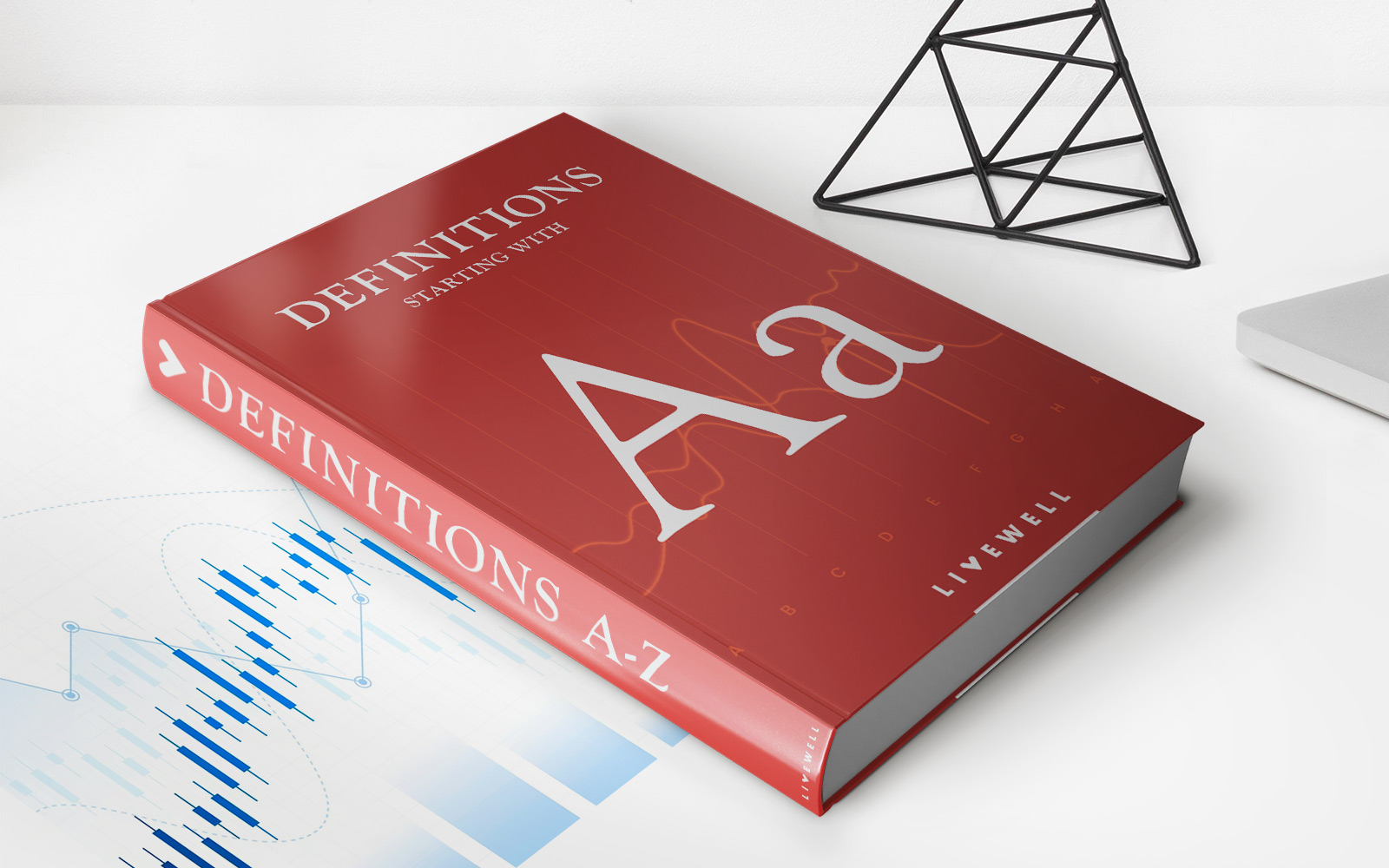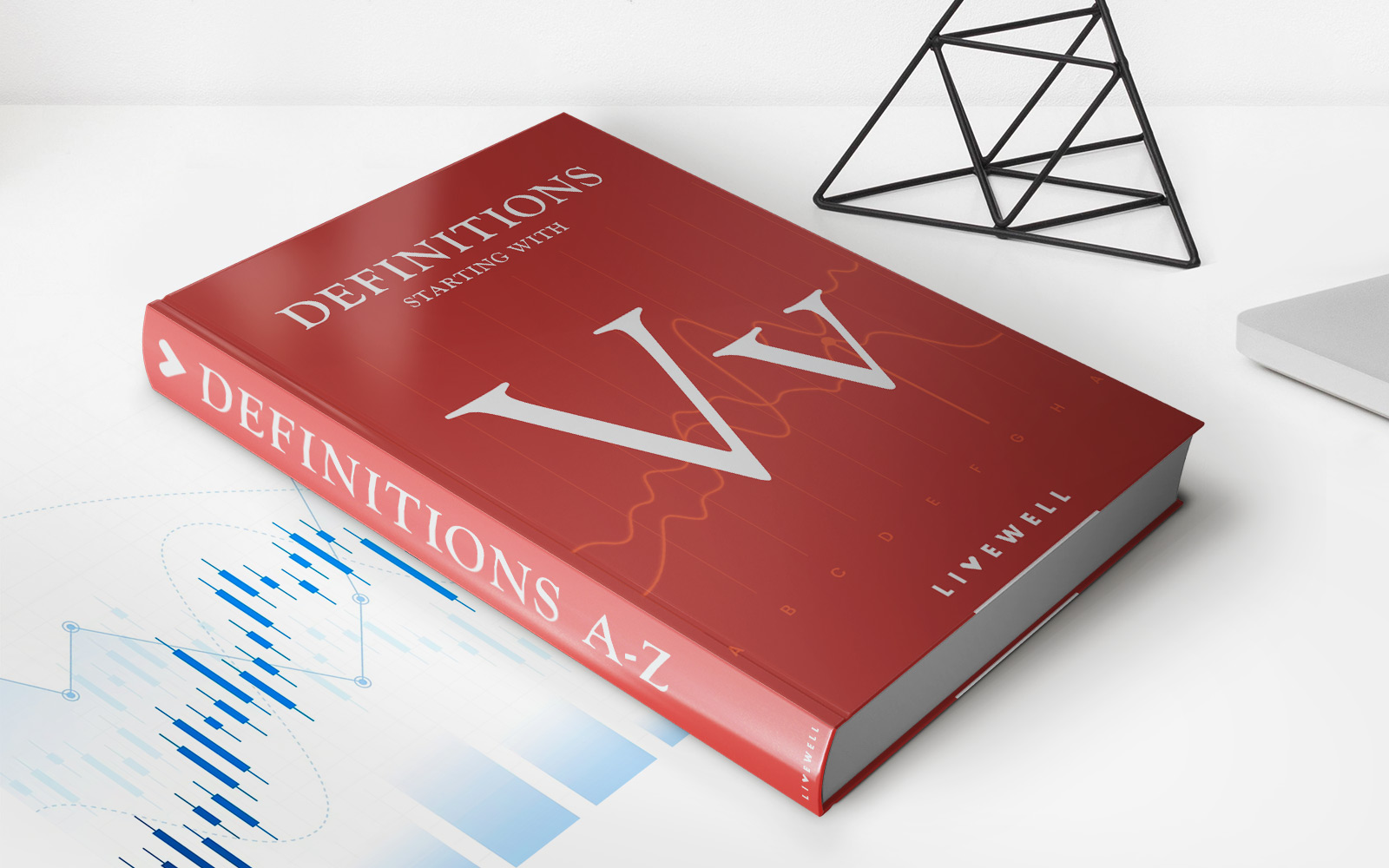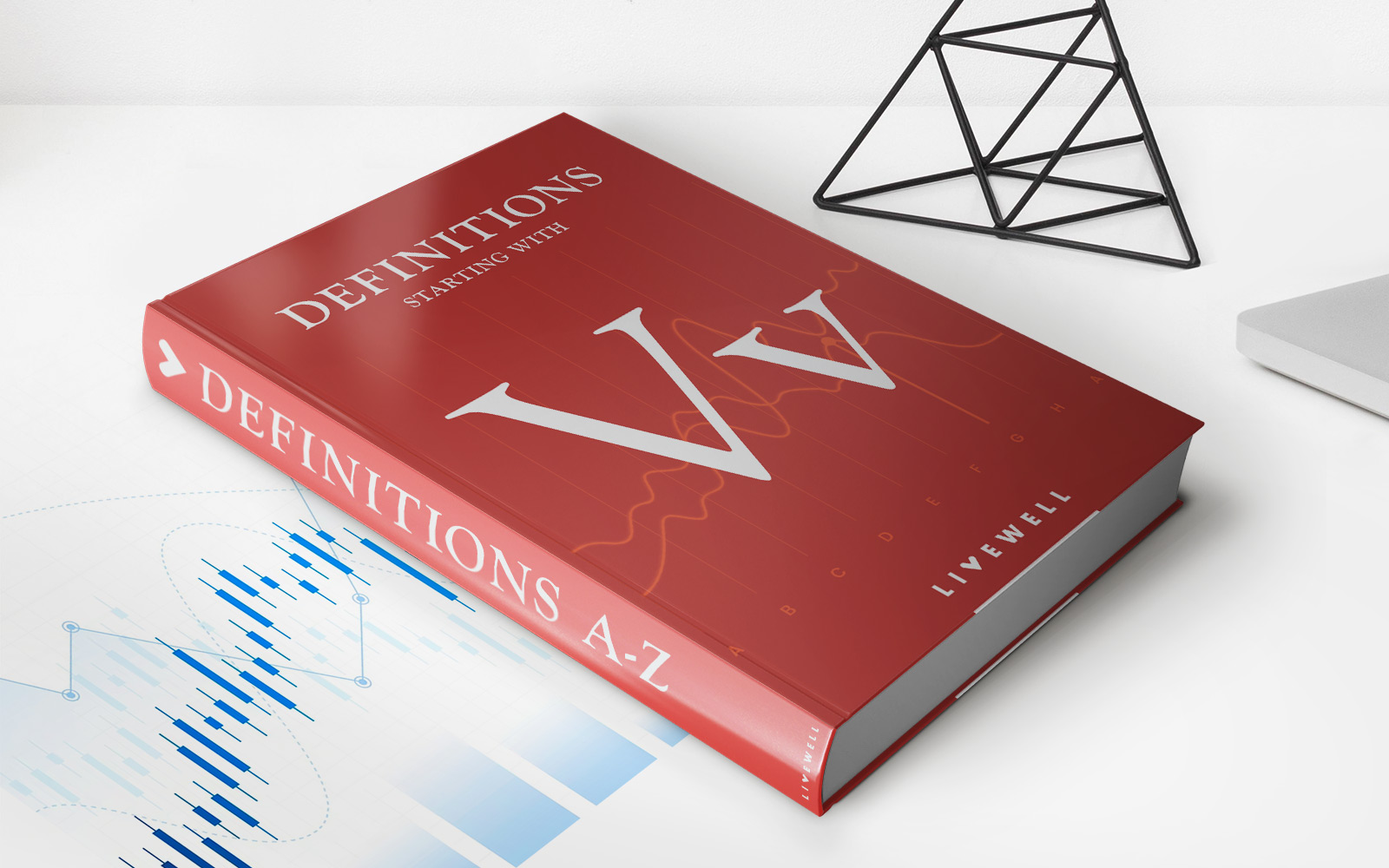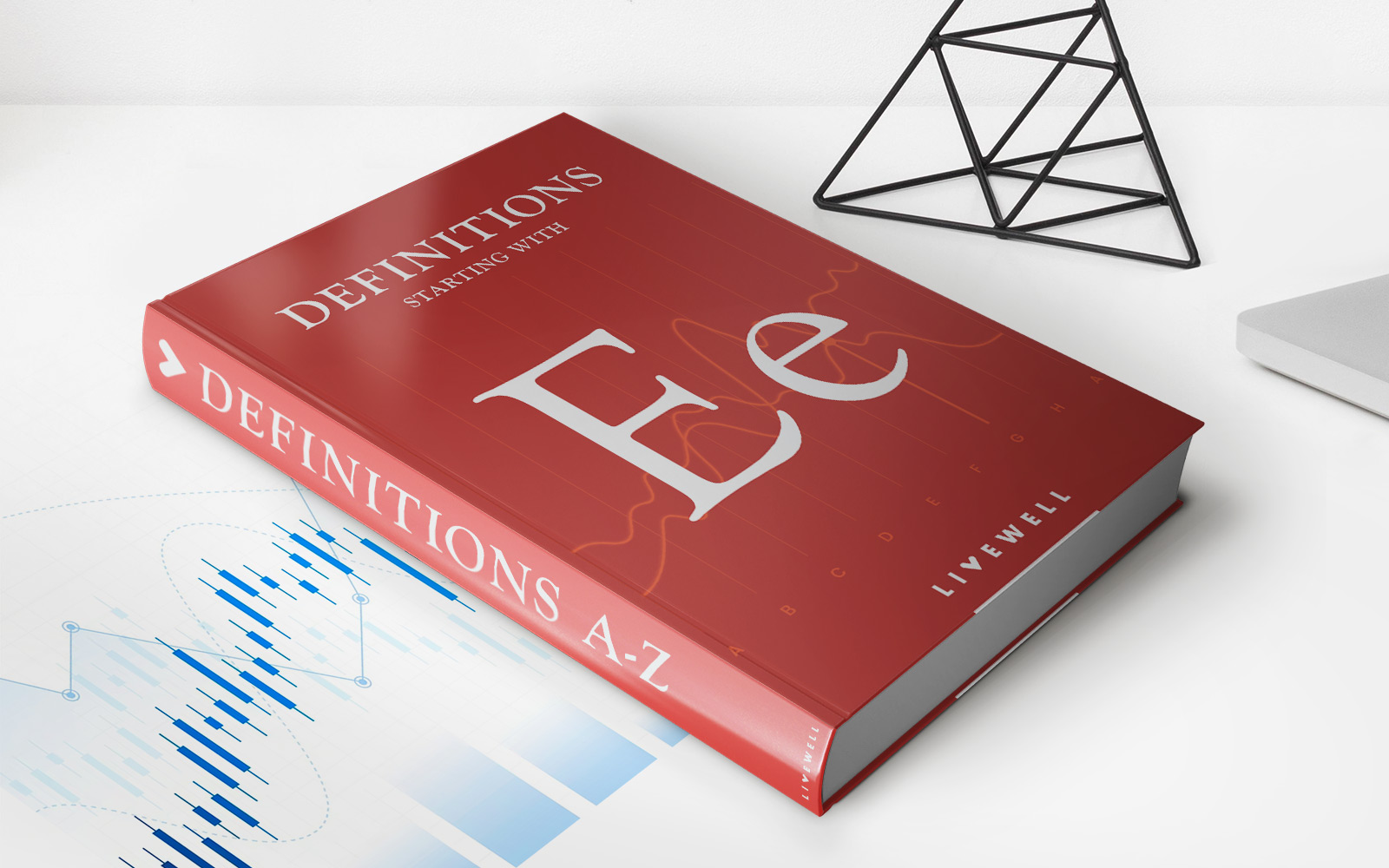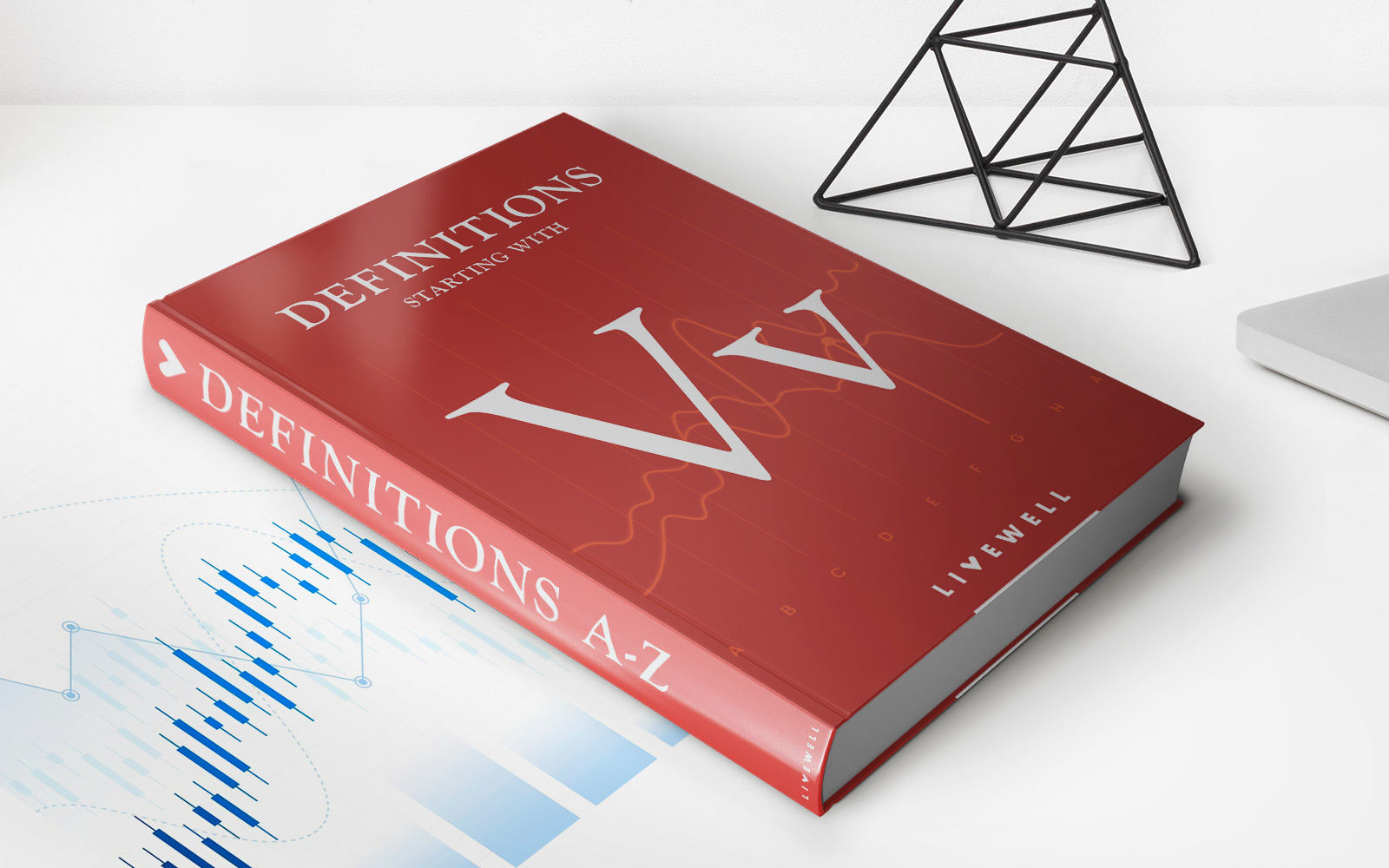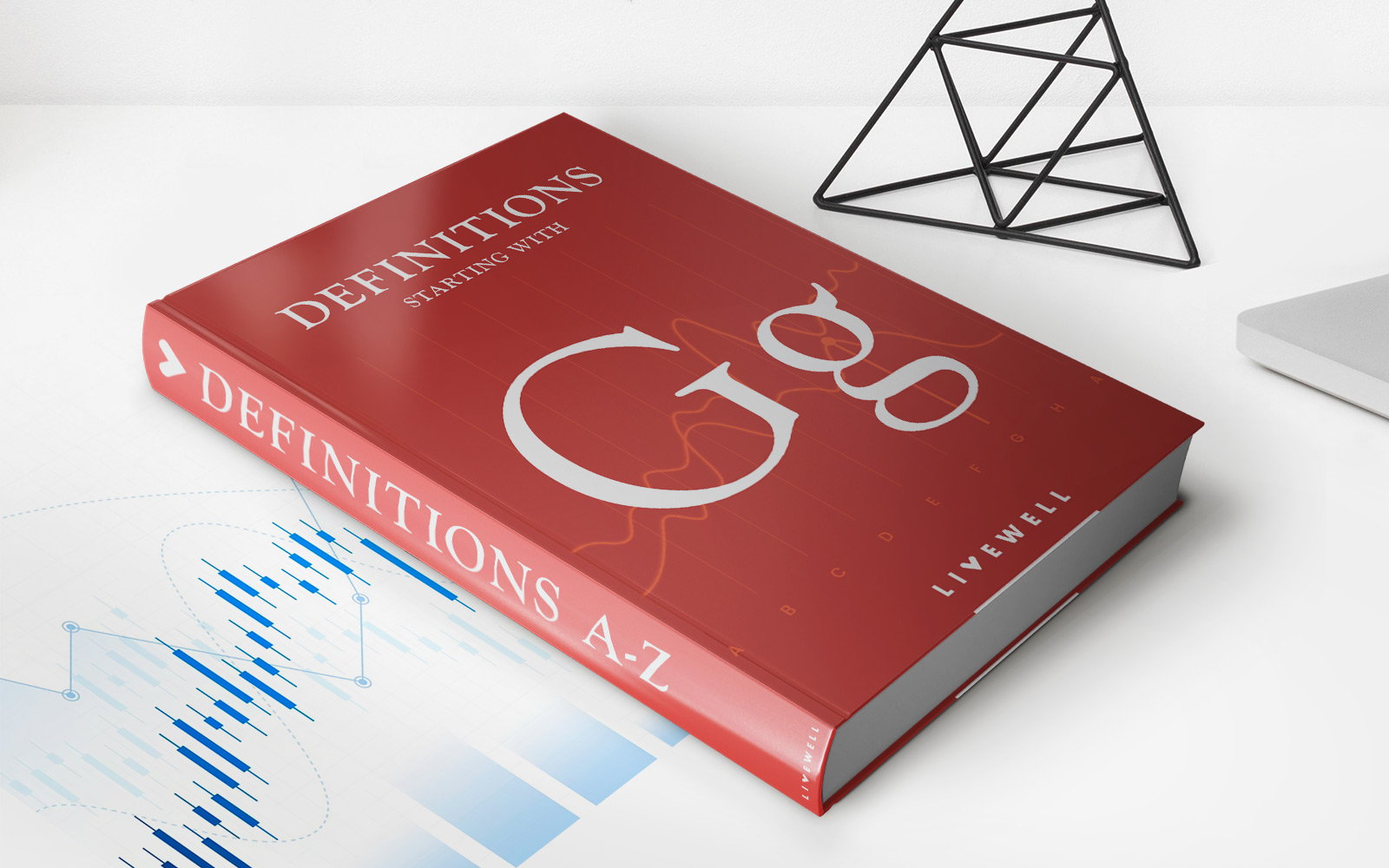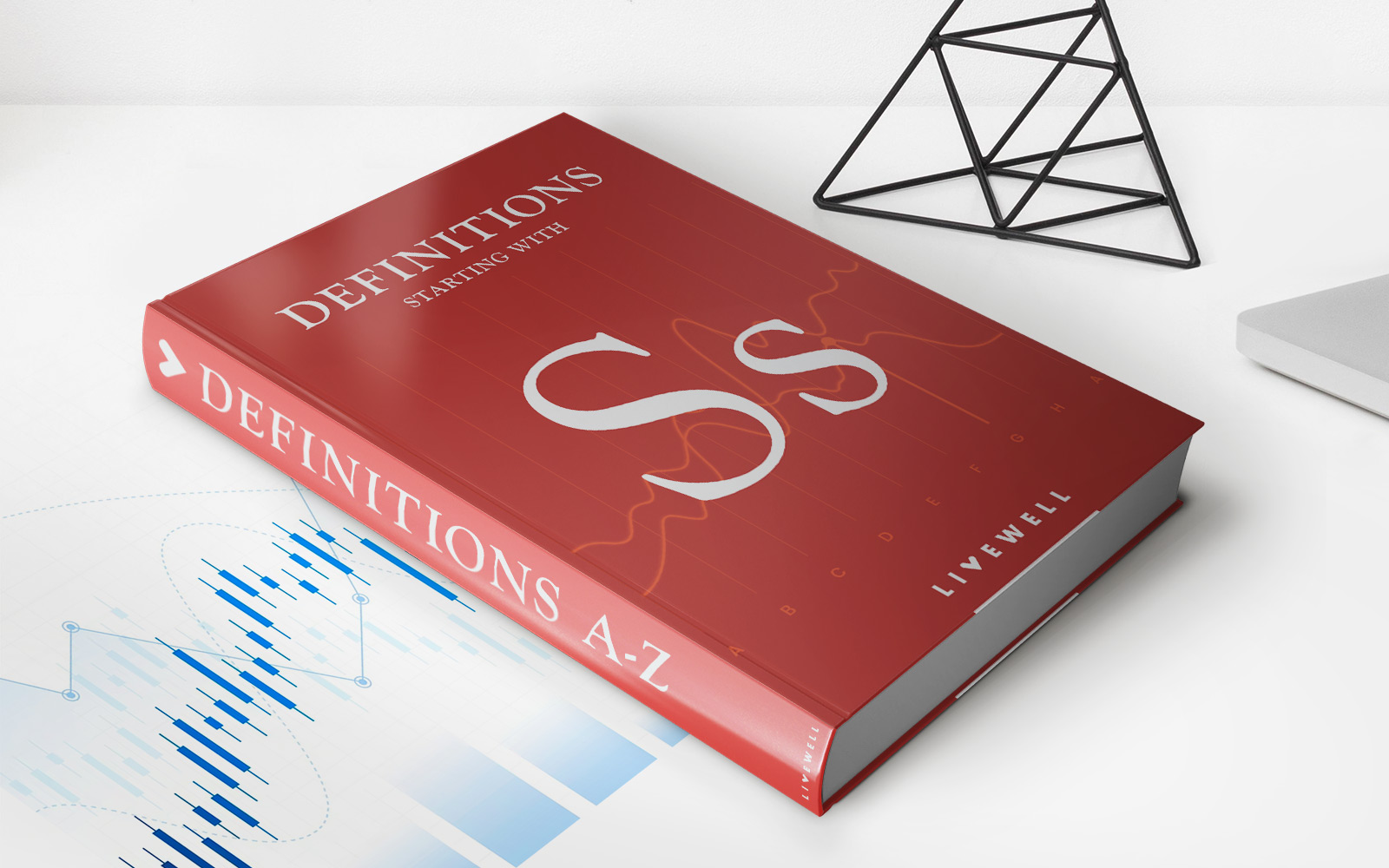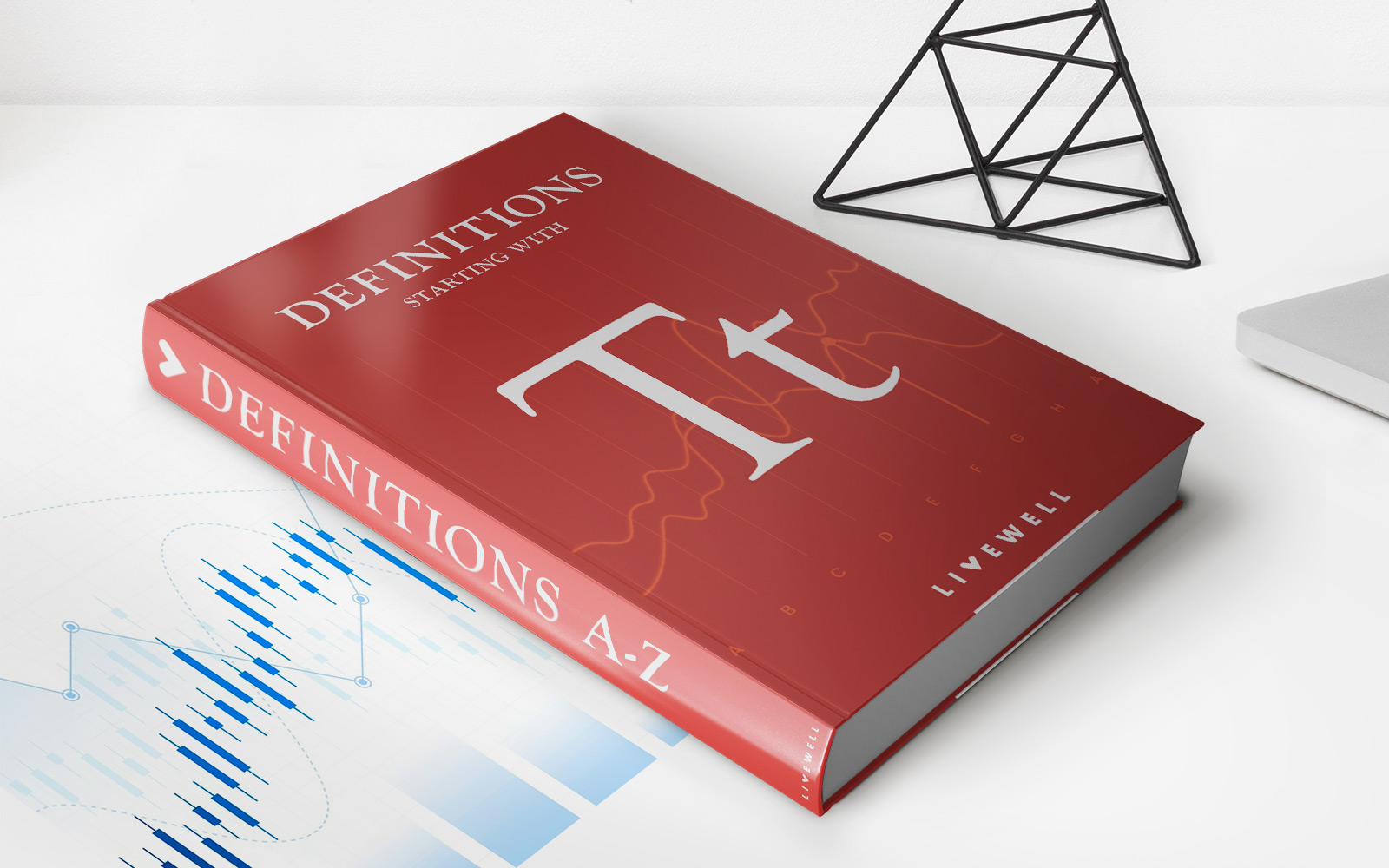

Finance
Trade In Value Added (TiVA) Definition
Published: February 9, 2024
Learn the definition of Trade in Value Added (TiVA) in the field of finance.
(Many of the links in this article redirect to a specific reviewed product. Your purchase of these products through affiliate links helps to generate commission for LiveWell, at no extra cost. Learn more)
Understanding Trade in Value Added (TiVA) Definition
Welcome to our blog post on “FINANCE”! Today, we’re diving into the world of international trade and exploring the concept of Trade in Value Added (TiVA) Definition. If you’ve ever wondered how global trade works and the significance of value-added contributions from different countries, then you’re in the right place.
Key Takeaways:
- Trade in Value Added (TiVA) measures the value created in the production of goods and services across different countries involved in international trade.
- It offers a more accurate representation of each country’s contribution to the global value chain, rather than just focusing on the final export value.
Now, let’s delve deeper into the TiVA definition and its importance in understanding the complexities of international trade.
Trade in Value Added (TiVA) is a concept that goes beyond the traditional measurement of exports and imports based on the final value of goods and services. It provides a more comprehensive understanding of global trade by capturing the value created at each stage of production across multiple countries.
When we consider a product’s value chain, it involves various stages, including research and development, raw material extraction, manufacturing, assembly, and distribution. Each of these stages contributes to the final value of a product.
With TiVA, we can identify the specific amount of value added by each country involved in the production process. This information helps policymakers and economists evaluate the economic contributions of different countries and analyze the efficiency and competitiveness of their industries.
Why is TiVA important? By assessing trade in value added, countries can:
- Identify the role and importance of different industries and sectors within their economy.
- Understand the interdependencies and interconnectedness of global value chains.
- Enhance trade policies and agreements to promote economic growth and development.
- Develop targeted strategies to improve competitiveness and strengthen specific sectors.
Furthermore, TiVA data can aid in policy discussions and negotiations related to international trade, as it provides a more accurate representation of a country’s involvement in global value chains. This information enables policymakers to make informed decisions and formulate strategies that can benefit their respective economies.
In conclusion, Trade in Value Added (TiVA) is a vital concept in understanding the dynamics of international trade. It provides a more nuanced perspective on a country’s contributions and allows for targeted policy interventions. By embracing TiVA, countries can unlock new opportunities for economic growth and foster stronger global partnerships.
